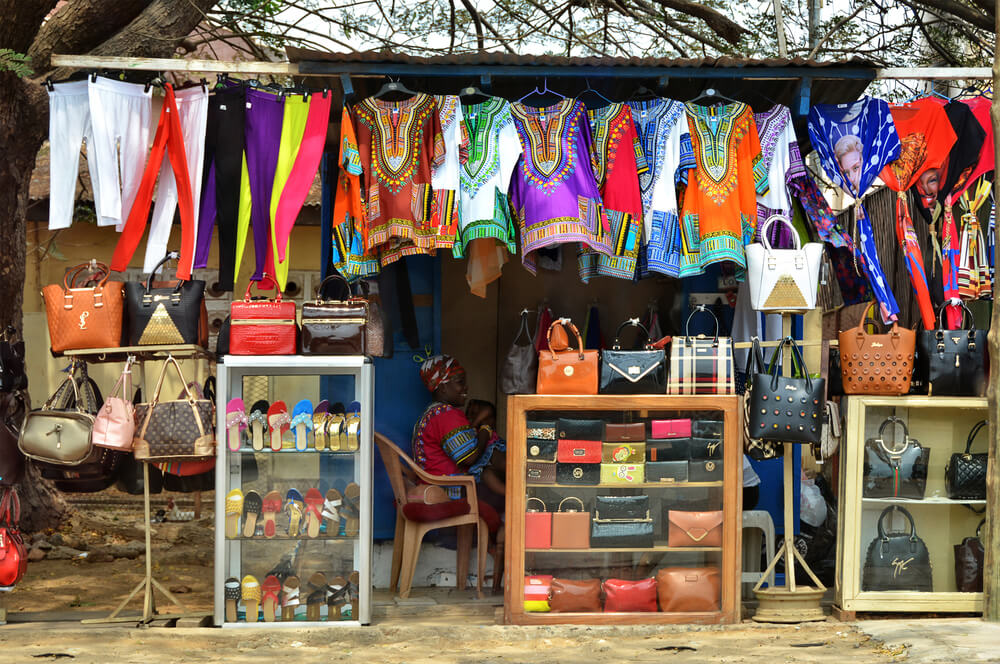ImpactAlpha, October 22 – Catalyst Fund supports local fintech entrepreneurs to accelerate access to basic goods and services in emerging markets. A new program supported by Mastercard Foundation and Accra-based MEST will enable Catalyst Fund to dig deeper into economic inclusion by helping Ghana’s micro and small businesses adopt digital services, like electronic payments or managing inventory online.
The Inclusive Digital Commerce Accelerator program is looking to help scale companies that already work with at least 1,000 micro- and small enterprises in the country. The $4.3 million in funding from Mastercard Foundation will enable grants of up to $120,000 to participating startups to help them scale.
The Ghana program is a direct response to the pandemic, Catalyst Fund’s Maelis Carraro told ImpactAlpha. More than 90% of micro-enterprises in Ghana saw sales fall by 60% or more when the COVID lockdowns started.
In China, by comparison, micro- and small enterprises that could operate digitally were more resilient during the pandemic “because they had a digital transaction history, and that gave them faster access to credit,” Carraro said. “We saw an opportunity to apply our model to accelerate Ghana’s digital commerce ecosystem.”
Catalyst Fund has examples from its portfolio of 37 fintech companies that improved resilience of local micro and small businesses during the pandemic. Sokowatch, in Kenya, launched an e-voucher program in partnership with relief organizations and its network of informal retailers, or dukas, to ensure they could generate income while providing struggling families with access to food.
Something like that could only be done by a company that had that kind of reach with small retailers,” said Carraro.
Catalyst Fund is also expanding its fintech accelerator and investment activity with a $15 million grant in January from J.P. Morgan and the U.K.’s Department for International International Development. Its latest cohort launched in June.











